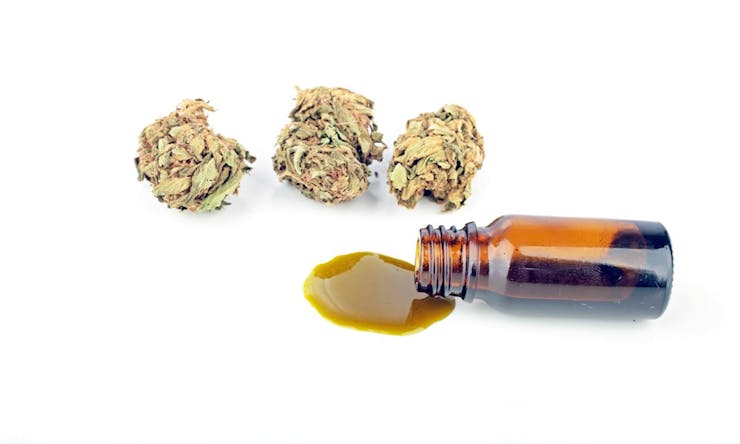SEATTLE (AP) — To comply with a new law, medical marijuana dispensaries without a recreational pot license were forced to shut down by July 1. After Friday, law enforcement will be in charge of cracking down on dispensaries that are not compliant in their jurisdictions.
The Washington Department of Health says more than 300 recreational cannabis stores are approved to sell medical marijuana, Q-13 reports, but patients still worry about access.
Meagan Holt’s three-year-old daughter, Madeline, has Zellweger syndrome, a terminal illness that has left her deaf, blind, seizure-prone, and dependent on a feeding tube. Holt told Q-13 that not only will her medical cannabis be more expensive under the new scheme, but it will also be difficult to find products appropriate for her daughter’s treatment.
“These stores are not ready, not prepared, neither with product or trained consultants,” Holt said. “The types of products that’s in the stores are completely different.”
Even many in Seattle’s adult-use marketplace have expressed concerns about the need to ensure patients don’t lose access to needed medicine:
#I502 focus should still be on making sure people get the strain that helps them the most. ????????????????
— Marques (@schmoart) July 1, 2016
Others simply expressed frustrated with the new regulations and higher tax rates. A number of medical shops offered bargain-basement prices to clear inventory as the state deadline drew near.
Enjoying the last day of medical marijuana as we know it before the greedy politicians take over. #WAweed#I502pic.twitter.com/hEDIeeDypw
— StonerRoyalty (@Stoner_Royalty) June 30, 2016
Under a law passed by the Legislature last year, unlicensed dispensaries that proliferated in the past decade were required to close. Large-scale growing cooperatives that supplied the medical stores were also forced to shut down, to eliminate competition with Washington's pioneering legal marijuana law, Initiative 502, approved by voters in 2012.
Washington in 1998 became one of the first states to approve the use of marijuana as medicine, but the initiative passed by voters did not allow commercial sales. Instead, patients had to grow the marijuana for themselves or designate someone to grow it for them. The measure did not prohibit patients from pooling their resources together to have large collective gardens on a single property, which police sometimes raided.
After Initiative 502 passed, lawmakers had a financial incentive to reduce competition with the state's recreational market, and they did so last year. The Liquor and Cannabis Board decided to boost the maximum number of licensed pot shops statewide from 334 to 556 to accommodate the medical market, and it adopted a merit system for helping decide who got the additional licenses.
The Associated Press contributed to this report.








